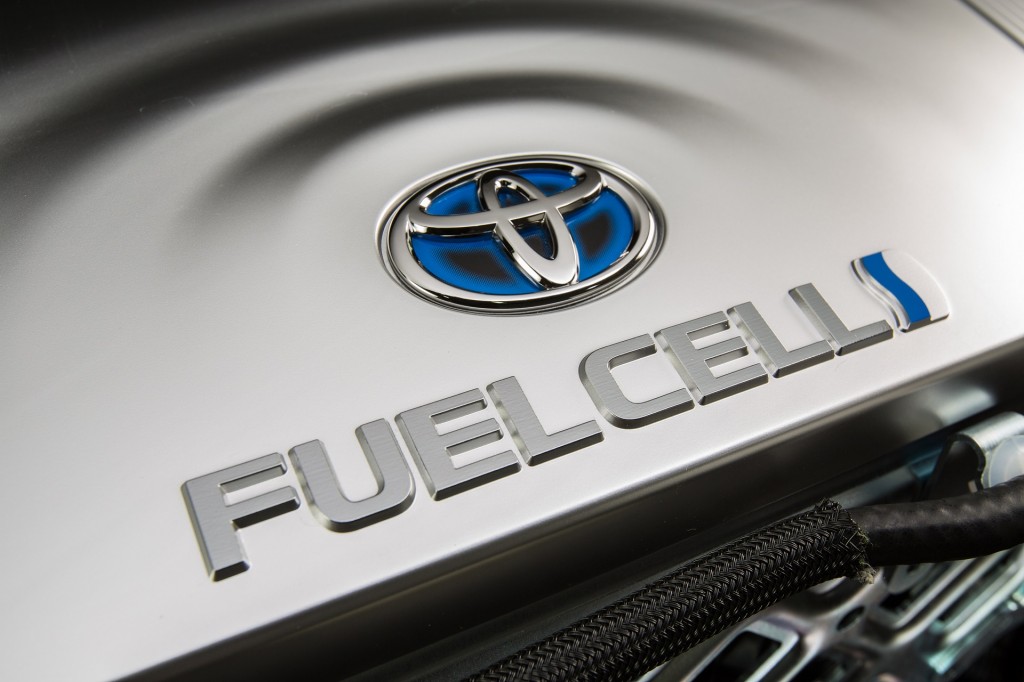Every Toyota Mirai hydrogen fuel-cell car sold anywhere in the world will soon be recalled to address an issue with its onboard electronics.
The problem lies with the output voltage generated by the cars' fuel-cell stacks.
Under certain driving conditions, the amount of voltage generated by the system could exceed the maximum capacity for which the cars' electronics are rated.
DON'T MISS: Carmakers, fuel and oil companies form Hydrogen Council to promote fuel cells
This could happen under heavy throttle after driving on a long descent while using cruise control, according to a Toyota statement released Wednesday.
The statement said Toyota will recall all 2,840 Mirai sedans sold globally since the start of production, reports Reuters.
NOTE: After we published this article, Toyota wrote to ask that "recall" be changed to "Customer Satisfaction Campaign," since it is not subject to an official NHTSA recall notice. Following further back-and-forth with the company's corporate communications group, we ascertained that the modification is termed a recall everywhere in the world except in the U.S.

2017 Toyota Mirai
The voltage-control issue can be addressed by a software update, which Toyota dealers will perform free of charge. Installing the software update is expected to take about half an hour per car.
Toyota began selling the Mirai in its home market of Japan in December 2014, while the first U.S. deliveries began in November 2015.
At the time of the Mirai's U.S. launch, Toyota said it hoped to sell 3,000 of the fuel-cell cars in this country alone by the end of 2017. It sold 1,034 during 2016.
ALSO SEE: Price cut and monthly sales spike for Toyota Mirai fuel-cell sedan
All cars are built in Japan, at the low-volume Motomachi plant that previously built the Lexus LFA supercar.
U.S. Mirai sales are limited to California, as it is the only state with sufficient hydrogen fueling infrastructure.
That's the same approach taken by the only other automakers currently selling hydrogen fuel-cell vehicles.

2017 Toyota Mirai
Hyundai actually delivered its first Tucson Fuel Cell crossovers to California customers before Toyota launched the Mirai, while Honda began deliveries of its Clarity Fuel Cell last December.
While Hyundai and Honda have been less eager to choose one technology over the other, Toyota has been an outspoken advocate of fuel-cell cars over battery-electric vehicles.
MORE: Toyota CEO Akio Toyoda to run electric-car division
The Japanese automaker only recently began investigating the possibility of a mass-market battery-electric car, which may see the light of day in 2020.
The presence of the Toyota Prius Prime 25-mile plug-in hybrid as a possible launching point for a future all-electric car may have weighed in to that decision.
The challenges of working with multiple third parties and govenrment entities to establish a large-scale hydrogen fueling infrastructure, along with slow Mirai sales, may also have been factors in that decision.
_______________________________________________












